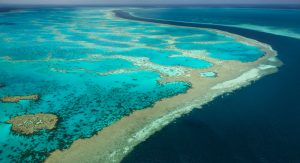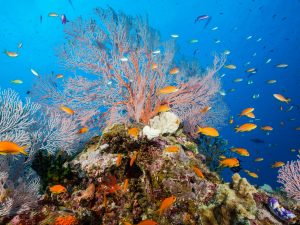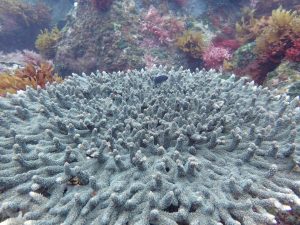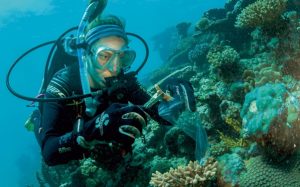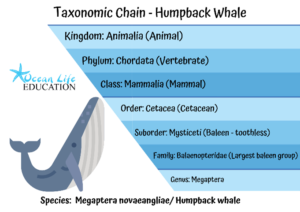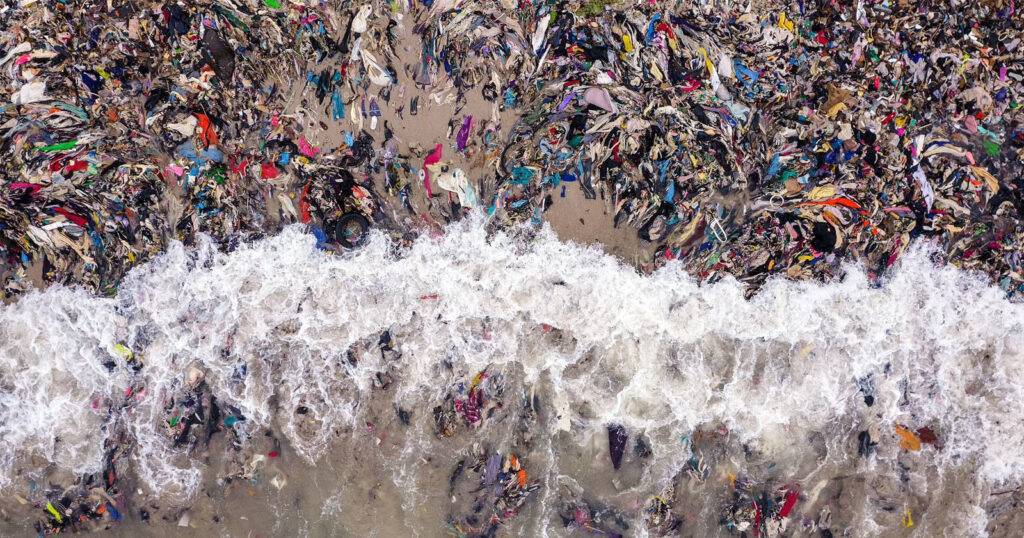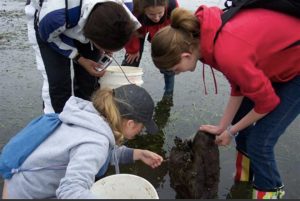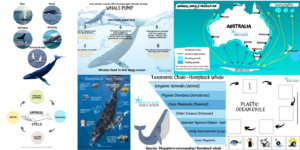
Teaching children about ocean conservation is one of the most powerful ways to inspire lifelong environmental responsibility. With Australia’s unique marine biodiversity and growing environmental challenges, now is the time to include marine education into early years and primary school learning. Not only does it align well with the Australian Curriculum 9, but it also equips students with knowledge, empathy, and a sense of responsibility for our oceans.
Discover our Human Impact Programs here.
Why Teach Ocean Conservation in Early Years and Primary Settings? 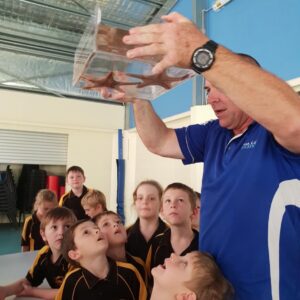
Our oceans are vital. They regulate our climate, support biodiversity, and provide resources we rely on every day. Yet, they are under threat from plastic pollution, overfishing, and habitat destruction. Teaching ocean conservation to early years students builds environmental awareness from a young age and empowers students to be part of the solution.
For primary students, classroom lessons on ocean sustainability promote cross-curricular learning across science, geography, and literacy. It also supports key learning outcomes such as sustainability, critical thinking, and community engagement.
Hands-On Marine Education with Ocean Life Education
At Ocean Life Education, we specialise in delivering marine incursions for early years that bring the ocean to life. Our passionate team of marine educators travel across South-East Queensland, offering engaging, hands-on programs using live marine animals to introduce young minds to topics like conservation, food chains, habitats, and human impact.
We believe real-life encounters are key to deep learning. Children learn best when they can touch, see, and connect with the animals they’re learning about. Our programs are designed to inspire curiosity and a personal connection to marine life – encouraging kids to care about protecting it.
Linking with Keep Australia Beautiful Week (August annually)

Keep Australia Beautiful Week in August is a perfect time to explore ocean conservation for kids in your classroom. This national initiative encourages communities to take action against litter and environmental damage – messages that align perfectly with our programs.
Incorporating Ocean Life Education’s marine incursion into your environmental education plan is a great way to introduce a sustainability unit. Follow up with student-led clean-up events, waste audits, or creative ocean literacy themed writing tasks on protecting the ocean. These activities reinforce key messages and give students ownership of their learning.
Creative Ways to Teach Ocean Conservation in Early Years & Primary Classrooms
Here are some engaging classroom ideas to support ocean conservation learning:
🦈 Marine-themed story time – Read books like Somebody Swallowed Stanley, The Brilliant Deep, or Tidy to explore pollution and conservation themes.
🐢 Art from recycled materials – Create sea animals or habitats using plastic waste. Link to resources.
📖 Write an ocean pledge – Students write or illustrate their personal promises to help the ocean.
🔬 Science experiments – Demonstrate how oil spills affect water and wildlife, or how plastic breaks down over time.
🎤 Class discussions – Ask: “Why are sharks important?” or “How can we reduce plastic use at school?”
These activities build on what students experience during an Ocean Life incursion, making conservation education meaningful, memorable, and curriculum-relevant.
Link to Primary Resources
Link to Early Years Resources
Build a Generation of Ocean Protectors
Teaching ocean conservation to kids helps build a generation that values and protects the natural world. When students understand how their choices impact the ocean – and see firsthand the creatures they’re helping – they’re more likely to carry these values into adulthood.
At Ocean Life Education, our goal is to inspire environmental stewardship through engaging, educational experiences that kids will never forget.
Ready to dive into hands-on ocean learning?
Book Your Early Years or Primary School Marine Incursion Today!
Alignment with version 9 Science Curriculum
Human impact is a recurring concept that is embedded within several content areas of Version 9 of the Australian Curriculum.
About Ocean Life Education
At Ocean Life Education, our mission is to ignite a sense of wonder and respect for Australia’s marine environments in young  learners. We deliver fun and interactive programs aligned with Version 9 of the Australian Curriculum, bringing the ocean to life in both classrooms and outdoor settings. Each session is designed to suit the specific needs of your school or event, with a focus on exploring local marine ecosystems.
learners. We deliver fun and interactive programs aligned with Version 9 of the Australian Curriculum, bringing the ocean to life in both classrooms and outdoor settings. Each session is designed to suit the specific needs of your school or event, with a focus on exploring local marine ecosystems.
Students engage with live marine animals and hands-on displays, creating meaningful connections with the natural world. Through fostering curiosity and environmental responsibility, we aim to inspire the next generation to protect our oceans and the incredible biodiversity they contain.
For more information about what we do, check out Ocean Life Education.
We hoped you enjoyed reading our blog:
Here’s a link to our other curriculum themed blogs
Link to Keep Australia Beautiful week.



